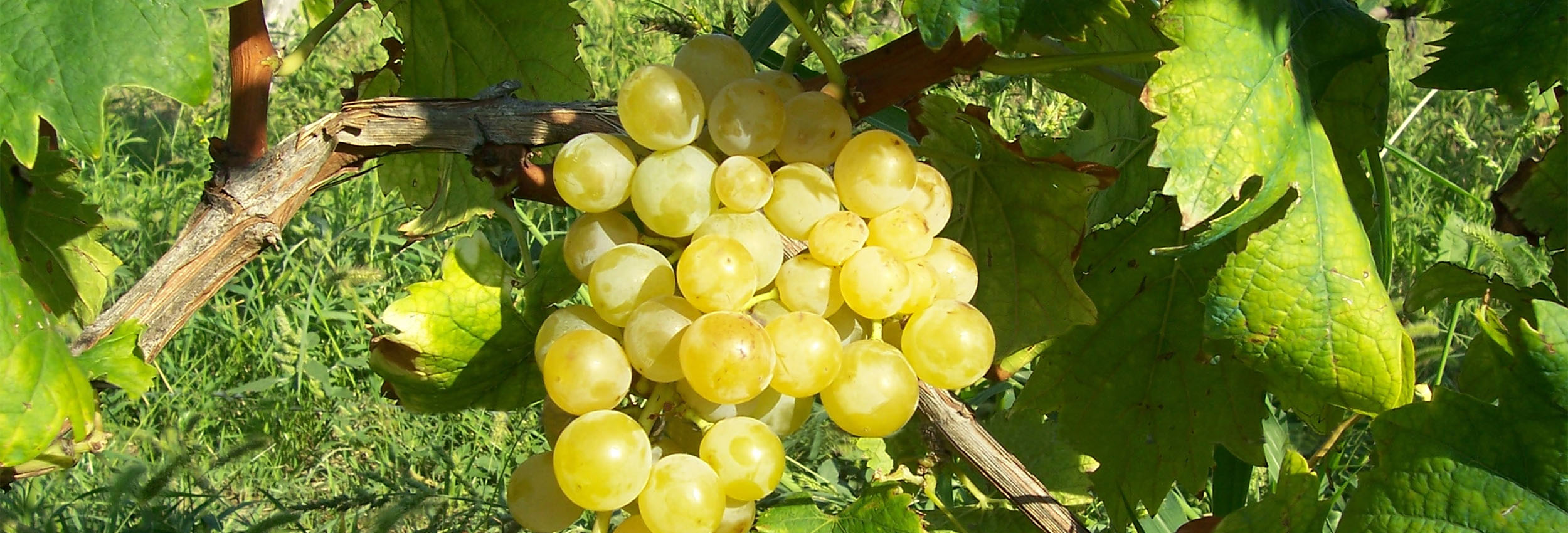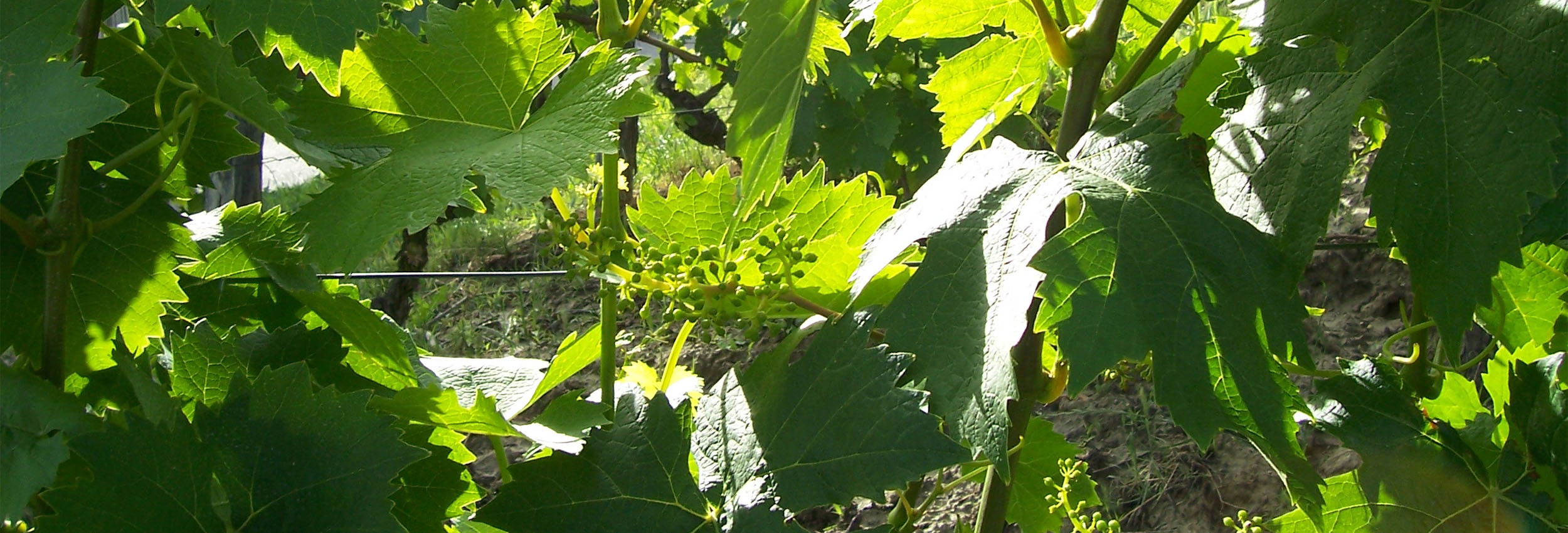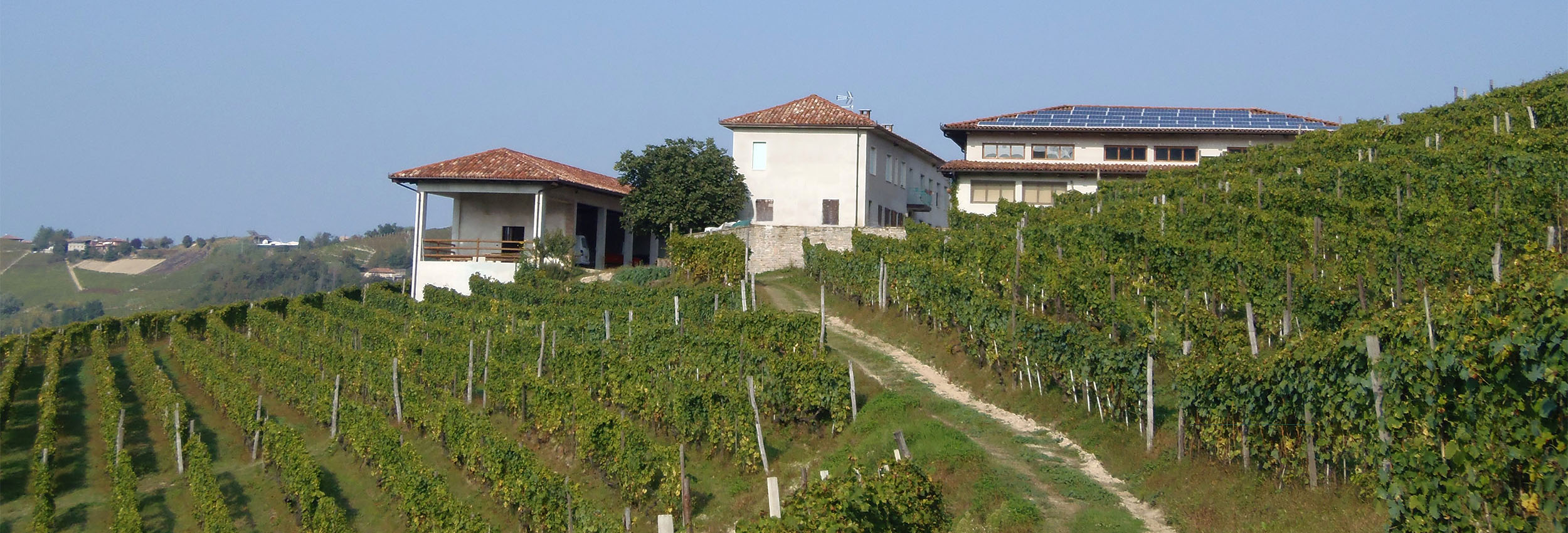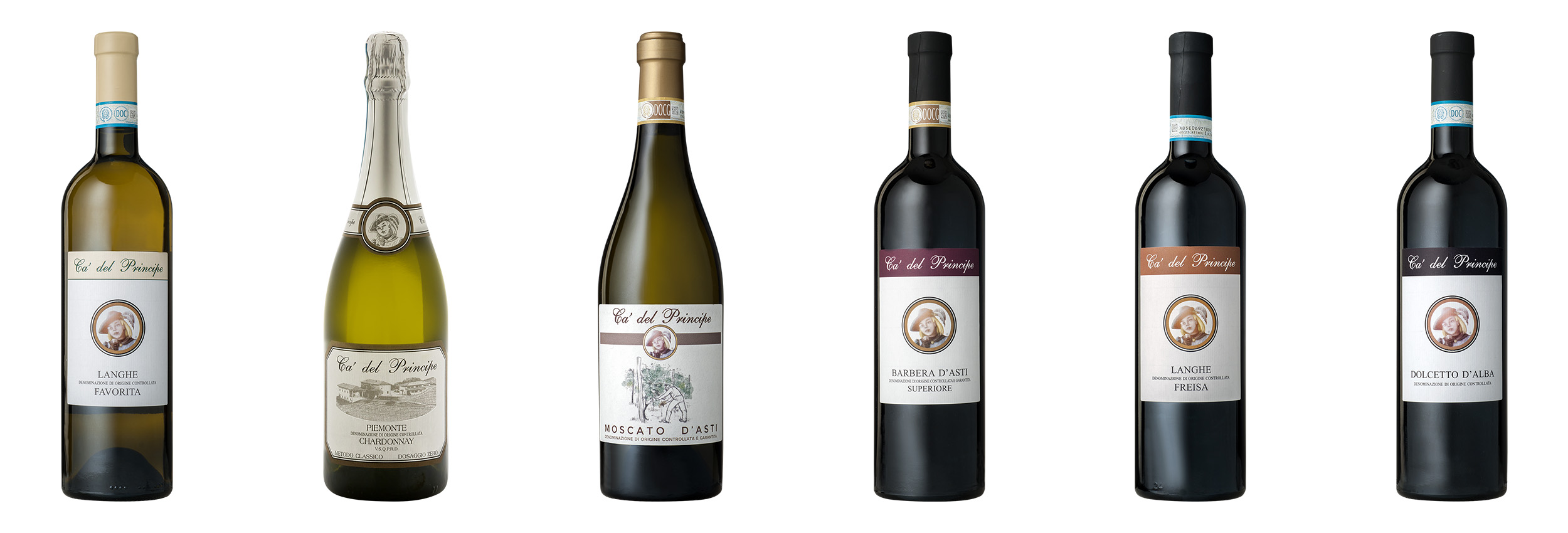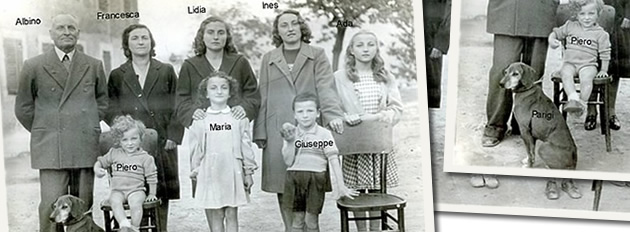
The story of ‘Cà del Principe' started towards the end of the 19th century, with great-grandparents Felice and Margherita and continued with their children.
The story unfolds in that stone house, with its farmyard, portico and well, completely surrounded by vineyards.
As was common at this time, the whole family met their needs by growing vegetables sown amongst the rows of grapes. In autumn, Margherita and her daughters made a variety of preserves and sweet fruit pickles, sealed in "amole" peppers as well as bottling peaches to last the winter.
In 1915, the only son, Albino, set off to serve in the First World War at the age of 21.
Some of the daughters married, leaving home and the vineyards to live in Turin; one of them, Giuseppina, travelled with her husband to Montevideo where they started a vineyard for themselves.
All this was happening while great-grandfather Felice, helped by friends and neighbours, dug in the new vines deeply during the cold winter.
Behind the kitchen windows, Margherita spun wool hoping in her heart that her son would come back safely and that the war would finish. When Albino finally came home it was November 1918. The corn had been sown and the grapevines had shed their leaves for winter. The whole village celebrated his return, and he tried to rest and to forget the horrors of war.
The years went by quietly: work, everyday life and religious feasts. The most important of these was Easter. The bells rang out to announce the day of Resurrection after the tragic "Via Crucis" and Good Friday. The people would run to embrace the fruit trees and put their hands into the blessed stream. There was a special meal with tasty salami, broth, capon, "bonet" (a typical pudding), and peaches from the "amole".
The most important family event during those years took place on the 2nd of February 1905. A young girl called Francesca, but known as Cichina, married Albino and came to live in the stone house. The young wife shared her husband’s love for the land and Albino was very proud of her work in the fields.
Lidia was the first of their eight children, and she was like a mother to the younger children, helped by her closest sister, Ines. Olga and Dario died in infancy, but Ada was born that year bringing some joy into the mourning household. Ada was six years old when the Second World War started, taking Albino from home once again. Cichina's brothers, Giovanni and Maggiore, came to help her, working the land and caring for the youngest children, Maria and Giuseppe as well as other children evacuated from Torino. In 1945 the war ended and Albino came home for good. When Giuseppe was just three years old, Piero was born, an event which Giuseppe accepted with some reserve. Giuseppe had astonished his mother by expressing his wish to join the “partigiani” (Partisans), but decided that it was more important to stay at home and protect his little brother.
The following years passed peacefully, the seasons changed and the harvests were fruitful (when the hail storms stayed away). The family was happy and the only sadness came at the time when the excellent Muscat grapes were taken away to fill other cellars.
Then arrived a time of change. Agricultural machinery replaced the working animals and the copper sulphate was now sprayed by tractors; there were no longer rockets against the hailstorms, but insurance policies; electric appliances appeared in homes and shining cars appeared in driveways.
During this time of progress, on one sad April day, father Albino died, leaving in the stone house Giuseppe, 23, Piero, 20, mother Cichina and uncle Maggiore. This was time of great sorrow and time for reflection on the changing community. In Turin, many relatives had already found new work at the FIAT factory and Giuseppe also had the opportunity to work there. Piero worked as an electrician, but continued to help out in the vineyards with the new machinery. Giuseppe had to make a difficult decision: to work in Turin and sell or rent out Cà del Principe or to stay and work the land. After long deliberation he took the brave decision to stay with his mother and Uncle Maggiore, and Piero continued to help them.
They decided to expand, renting other vineyards nearby, which they worked with the help of their neighbours. They renovated the stone house laying granite tiles throughout; they installed a white basin in the bathroom and a marble sink in the kitchen. They even had their first gas-cylinder. Pietro used his skills to provide every room with electric light and they bought beautiful new lamps.
In 1972, Giuseppe married Tilde, who left Savona to live with him among the vineyards. Piero left home and started a new life with Maria in Asti but still came to help with the work at Cà del Principe.
In the seventies when Stefano and Ugo were born the stone house was once again joyful with the sound of children. Cichina was delighted to have children around the house, and felt again the happiness that she had felt as a young mother, giving and receiving love. In this happy family atmosphere Stefano and Ugo grew up, following advice and learning the values held by the people in this story.
The two brothers both studied viticulture and oenology in Alba and developed their love of vineyards, grapes and wines.
Their estate took its first steps under the careful eye of their father Giuseppe, mother Tilde, uncle Piero and aunt Maria.
At last, the beautiful bunches of Moscato grapes, as sweet as honey, will remain in their own cellar to become the Moscato d'Asti, "Cà del Principe".
